EIA: biofuels are displacing petroleum-based distillate fuel oil consumption on the West Coast
Green Car Congress
JUNE 15, 2023
Consumption of distillate fuel oil in the US West Coast, as measured by product supplied, decreased to its lowest level since 2002 last year and continues its decline this year, according to the latest “This Week in Petroleum” report from the US Energy Information Administration (EIA).

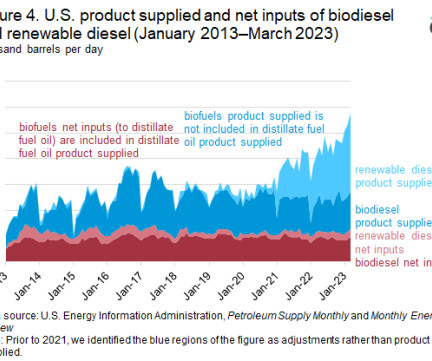
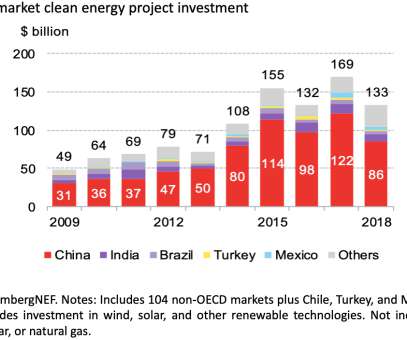













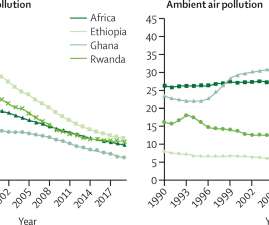
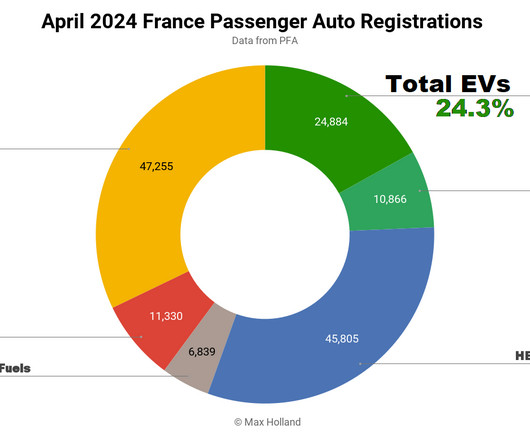





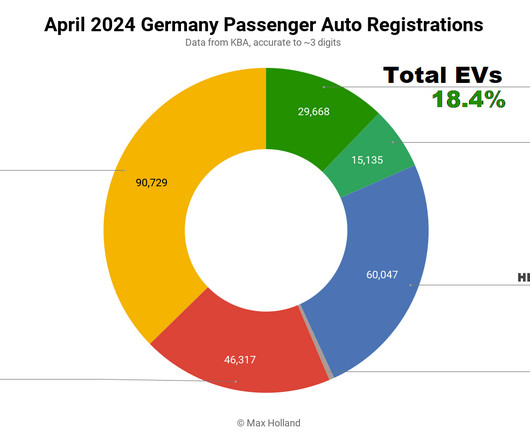


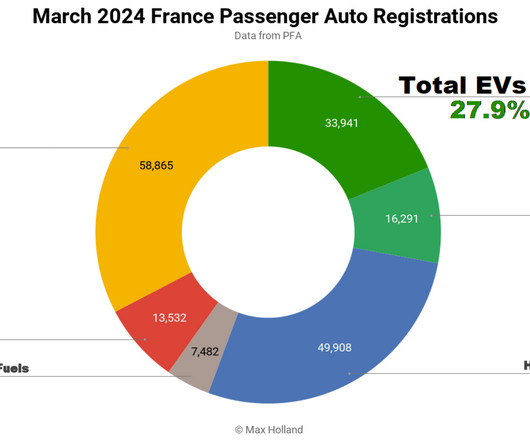

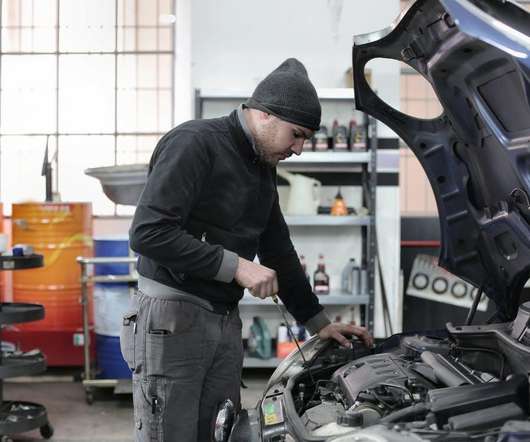

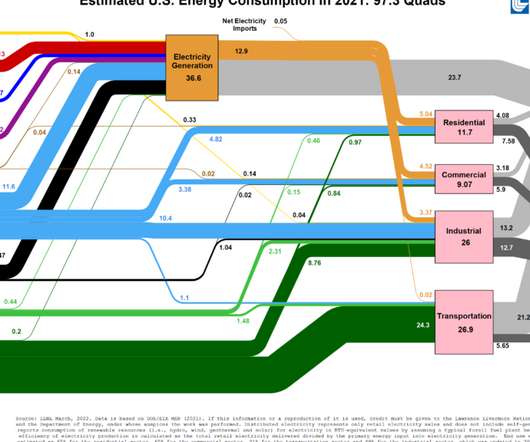













Let's personalize your content